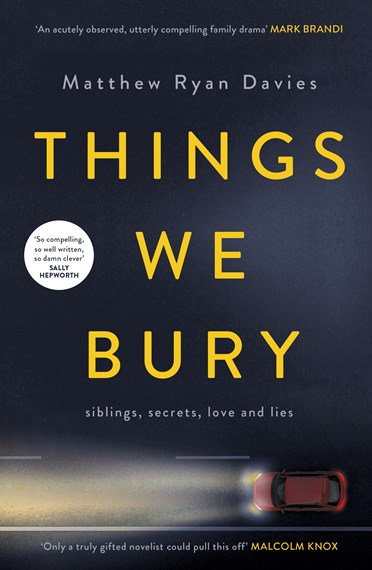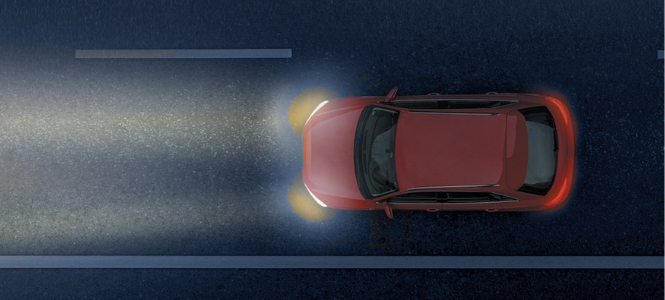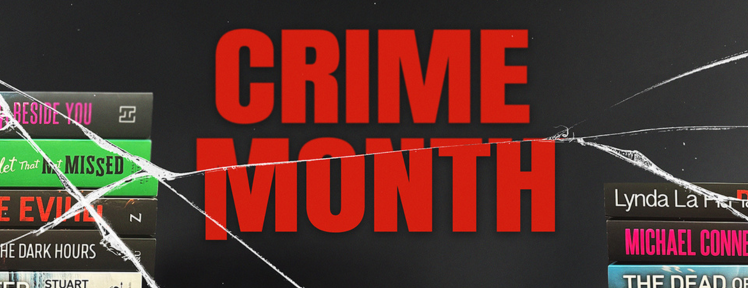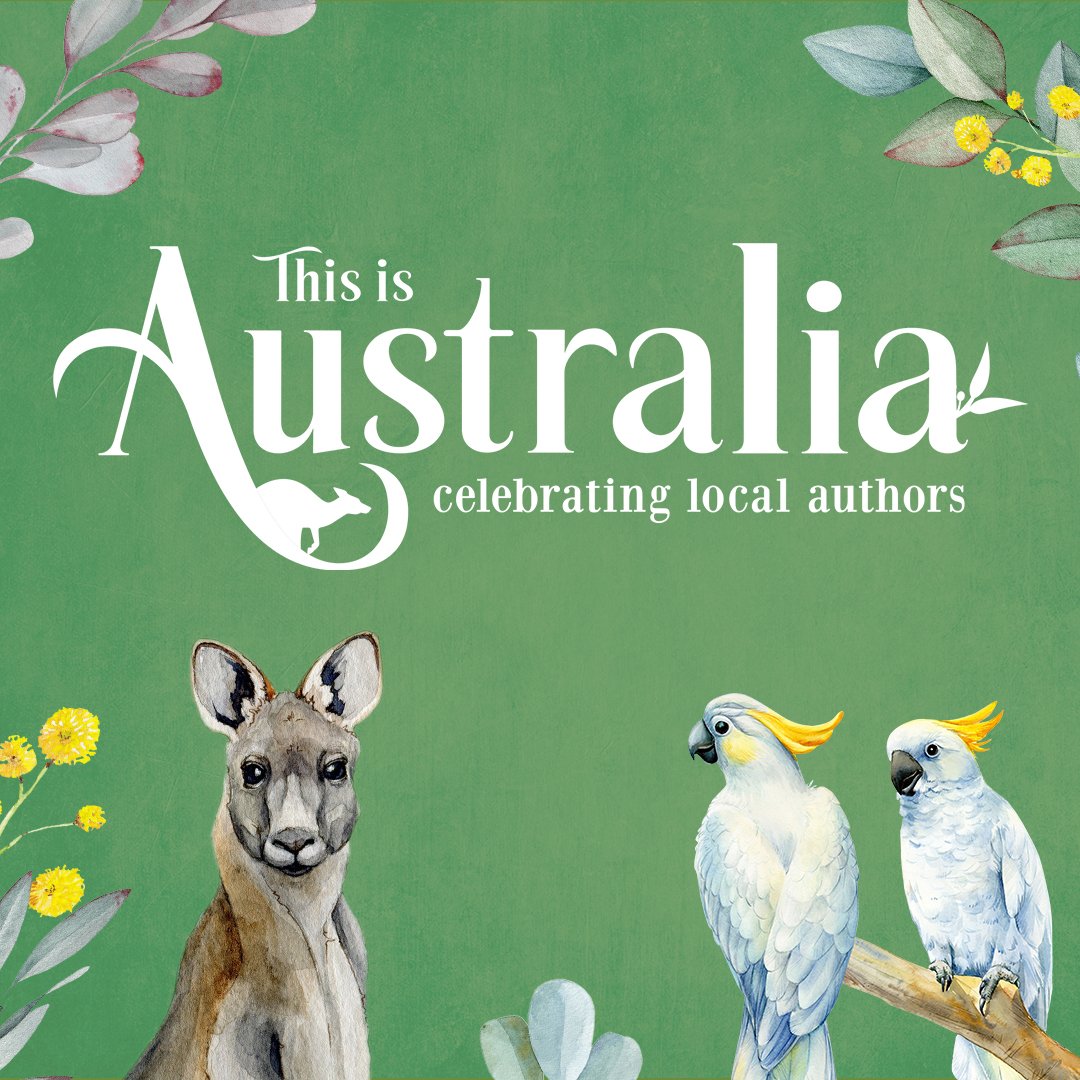Matthew Ryan Davies is a freelance copywriter and editor, mostly for the healthcare sector. He ghostwrites non-fiction books, edits university textbooks for medical and nursing students, and writes scripts for educational videos and documentaries. In 2019 and 2020 he worked with the Royal Commission into Victoria’s Mental Health System to deliver its interim and final reports. Things We Bury is his debut adult novel. He lives in Melbourne with his wife and two grown children.
Today, to mark Men’s Health Week (13th – 19th June), Matthew Ryan Davies is on the blog to tell us a little bit about how his experience with working in the health sector influenced the writing of his debut novel. Read on …
I’ve been working as a freelance writer and editor in the health sector for more than 15 years. Over the past 10 of those years, the focus on mental health has become progressively stronger as more people are diagnosed with anxiety and depression, among other mental health disorders. All this reading, editing and thinking is what drove me to focus on mental health issues in Things We Bury.
The stats for depression in Australia are alarming, especially among men. Men experience the condition at a rate of one in eight each year. Suicide rates, too, are on the rise. Again, it’s men who are most at risk. Men account for seven of the nine suicides every day in Australia—they are three times more likely to take their own lives than women. It’s double the national road toll.
The health sector has struggled to keep up with demand for mental health services. In 2019, Victoria established a royal commission into its mental health system, and I was brought in to help pull together the public-facing reports.
The royal commission found a system in freefall, where access to services is not equitable and poorly integrated, where emergency departments are used as entry points because there is nowhere else to go. It found a system driven by crisis, where people can only get help once they reach a tipping point. It found there is not enough focus on promoting good mental health and that the perspectives and experiences of people with lived experience of mental illness are overlooked. Families, carers and supporters are left out.
In regional areas, like where Things We Bury is set, the situation is even worse. All of the above applies, but add isolation and even more difficulty accessing services to that, plus stigma, and it paints a dire picture. Male farmers are a particularly high-risk group. In Australia, farmers die by suicide at higher rates than non-farming rural males.
‘The royal commission found a system in freefall, where access to services is not equitable and poorly integrated, where emergency departments are used as entry points because there is nowhere else to go.’
As part of my work for the royal commission, I read many of the submissions and evidence presented by mental health professionals, system users, advocates and families of people who felt let down by the system. Some of it was just heartbreaking—stories of people who should not have died; families that should not have been torn apart.
The sector itself is full of compassionate and empathetic workers. But they are constrained by a system that is overwhelmed—where demand has overtaken capacity, and people can’t get the services they need. The COVID-19 pandemic only amplified the situation.
When I started on the manuscript that was to become Things We Bury, I knew I wanted to explore mental health, shed some light on the issues in our health system, and perhaps offer some hope that as individuals and together, we can make an impact. It can feel so overwhelming when you look at the statistics—the problems seem so big and so engrained. But like all big problems, solutions often start by changing mindsets, of getting people to make sense of the issues and then urging governments to act.
Writing about mental health is my way of contributing something, of creating awareness and, hopefully, of instilling more compassion.
As Dane says in Things We Bury:
‘We have to end the shame and end the silence. We have to change the way we view mental health and mental health problems so that instead of seeing people going through emotional turmoil as being fundamentally different from us, we see them as being fundamentally the same.’
—Things We Bury by Matthew Ryan Davies (Pan Macmillan Australia) is out on the 28th of June.

Things We Bury
Three siblings, reunited in their home town, are struggling to deal with the fallout of a car crash that almost killed their father. This, on top of everything else life is throwing at them.
Josh is trying to save his marriage and hard-won TV career in the wake of a painfully public sexual harassment scandal. But is he really as innocent as he says? Jac, perennially single, is getting married - unbeknownst to her family. But will the private war she's been waging since leaving the town sabotage this relationship, too? Dane, ever honest and dependable, is running the family business...







 What do we know about the Boy Swallows Universe Netflix show?
What do we know about the Boy Swallows Universe Netflix show?  Booktopia’s top thrilling fiction picks for Crime Month
Booktopia’s top thrilling fiction picks for Crime Month  Booktopia’s Top First Nations Book Recommendations for 2023
Booktopia’s Top First Nations Book Recommendations for 2023
Comments
No comments